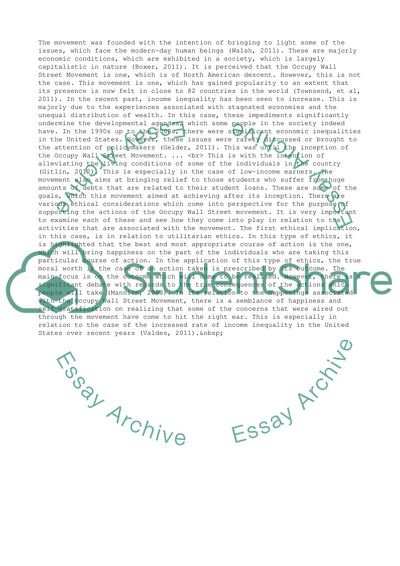Cite this document
(“Occupy Wall Street - Moral & Economic Implications Research Paper”, n.d.)
Occupy Wall Street - Moral & Economic Implications Research Paper. Retrieved from https://studentshare.org/business/1460620-occupy-wall-street-moral-economic-implications
Occupy Wall Street - Moral & Economic Implications Research Paper. Retrieved from https://studentshare.org/business/1460620-occupy-wall-street-moral-economic-implications
(Occupy Wall Street - Moral & Economic Implications Research Paper)
Occupy Wall Street - Moral & Economic Implications Research Paper. https://studentshare.org/business/1460620-occupy-wall-street-moral-economic-implications.
Occupy Wall Street - Moral & Economic Implications Research Paper. https://studentshare.org/business/1460620-occupy-wall-street-moral-economic-implications.
“Occupy Wall Street - Moral & Economic Implications Research Paper”, n.d. https://studentshare.org/business/1460620-occupy-wall-street-moral-economic-implications.


